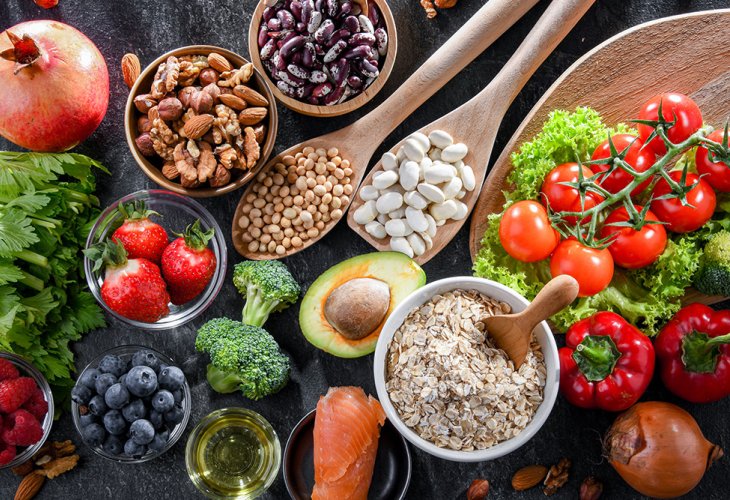Cholesterol: Why It Matters and How to Manage It
Soluble dietary fibers can significantly lower bad cholesterol and reduce the risk of various diseases.
 (Photo: shutterstock)
(Photo: shutterstock)Cholesterol often gets a bad rap, but it's not always deserved. In our quest to burn and reduce cholesterol, we sometimes forget that it's an essential component of every cell in our bodies. In fact, life without cholesterol isn't possible.
Cholesterol is an organic compound found in the membrane of every cell in our body. It plays a crucial role in normal bodily functions, including the building of cell membranes, hormones, vitamins, bile acids, and steroids.
Lipoproteins transport cholesterol through the bloodstream, dispersing it throughout the body.
LDL (often referred to as "bad" cholesterol) carries cholesterol from the liver, where it's produced, to the cells that require it.
HDL (known as "good" cholesterol) collects excess cholesterol from the cells and returns it to the liver, where it’s broken down and excreted or reprocessed.
Essentially, HDL helps remove LDL from the bloodstream, reducing its deposition on artery walls.
To lower LDL and increase HDL, it's best to follow a proper diet, reducing the need for medication.
Soluble dietary fibers can significantly lower bad cholesterol levels and reduce the risk of developing many other diseases. They're found in oatmeal, brown rice, chickpeas, lentils, and mung beans. Make sure to include soluble fibers in every meal, like oatmeal porridge with various fruits. Add more colorful fruits and vegetables, and eat at least 5 types of fresh or cooked vegetables daily.
Olive oil increases HDL levels in the blood. There are countless ways to use olive oil, such as adding it to vegetables, sauces, and fresh salads.
Garlic and onions are excellent additions to dishes. They help reduce LDL cholesterol levels and increase good cholesterol. Herbs and leafy greens, rich in antioxidants, prevent cholesterol oxidation.
Walnuts reduce cholesterol and triglycerides in the blood. Eat a handful daily.
Excessive caffeine consumption is harmful. It's better to drink green tea, which is rich in powerful antioxidants called polyphenols that help lower LDL and raise HDL.
Of course, avoid saturated and trans fats, white sugar, pastries, and alcohol because they encourage the liver to produce cholesterol.
Zohara Sharvit is an N.D naturopath and an iridology specialist, with extensive experience in treatment and counseling, and workshop facilitation. To book a free workshop, call 073-2221290

